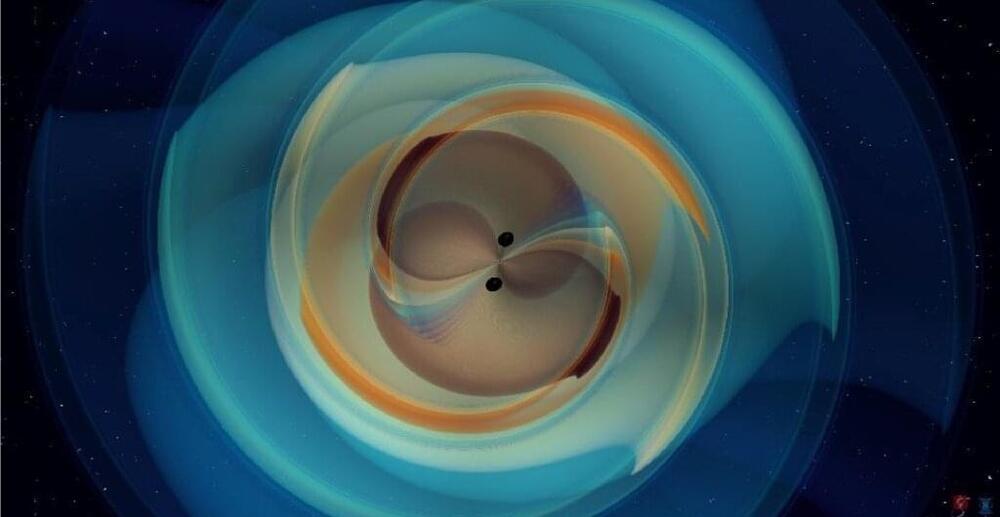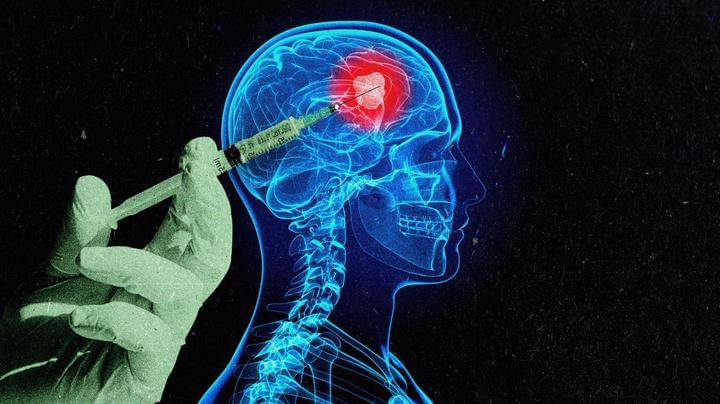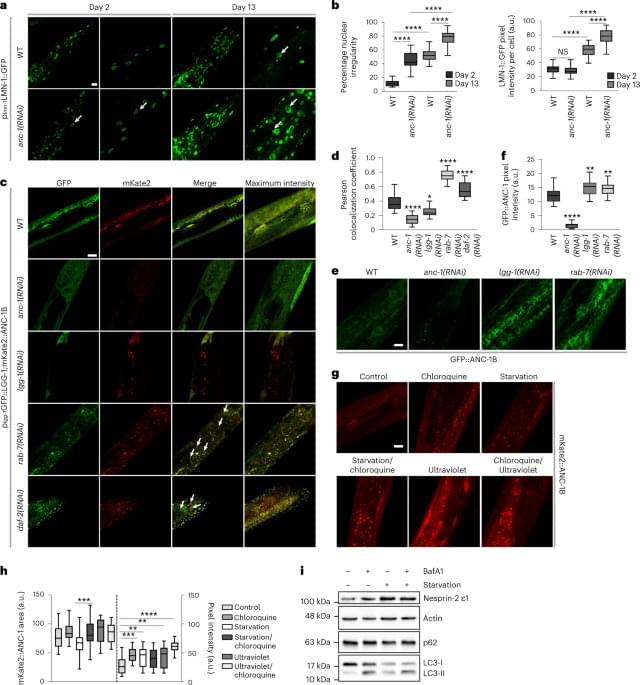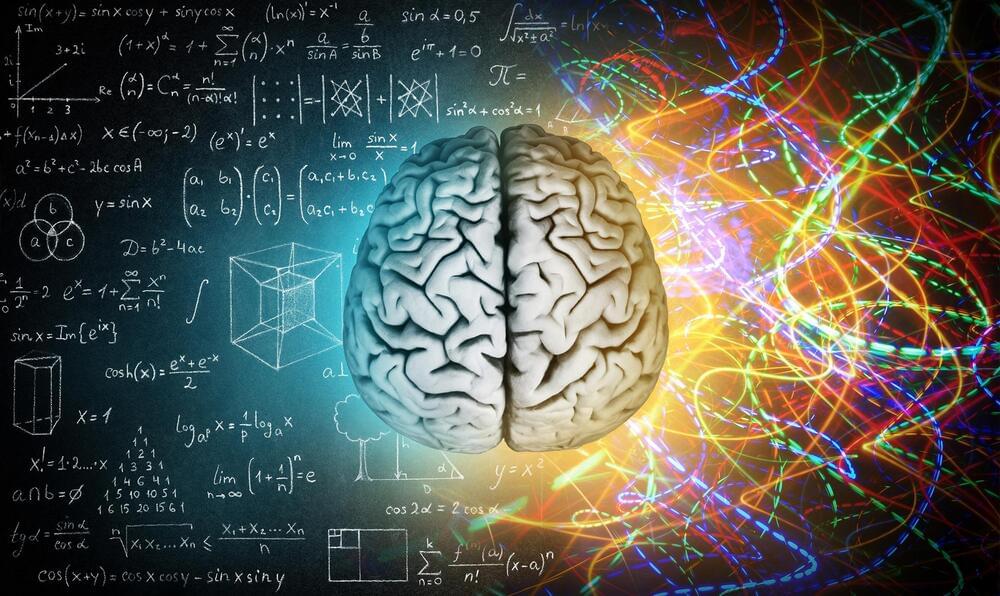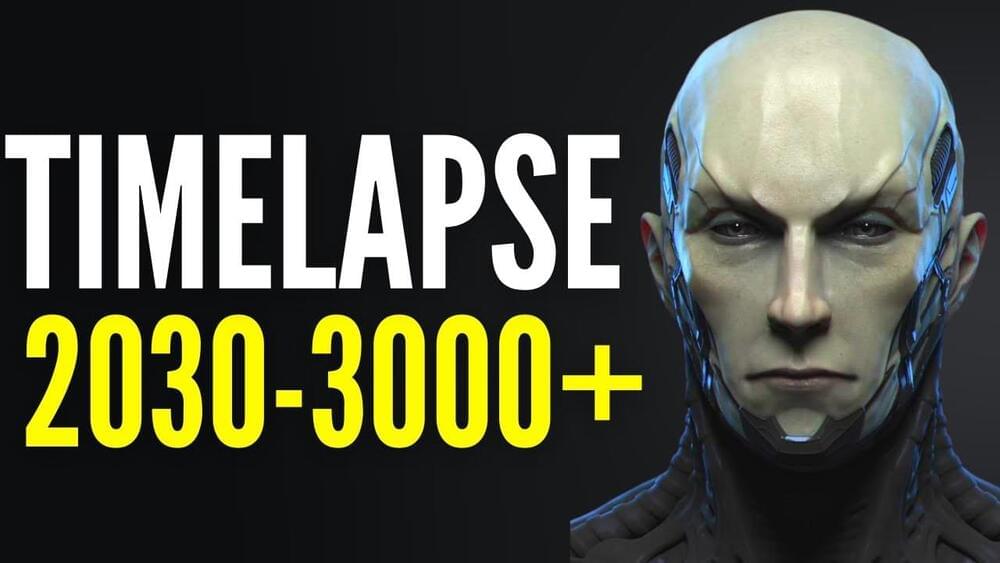Jan 5, 2023
Interstellar Colonization Strategies
Posted by Kelvin Dafiaghor in category: space travel
Go to hhttp://hover.com/isaacarthur and get 10% off any domain name from Hover
extensions for anything you’re passionate about.
As we seek to travel vast distances to claim the galaxy, we will need to develop strategies and methods for voyaging through deep space and reaching strange new worlds.
Visit our Website: http://www.isaacarthur.net.
Join Nebula: https://nebula.tv/isaacarthur.
Support us on Patreon: https://www.patreon.com/IsaacArthur.
Support us on Subscribestar: https://www.subscribestar.com/isaac-arthur.
Facebook Group: https://www.facebook.com/groups/1583992725237264/
Reddit: https://www.reddit.com/r/IsaacArthur/
Twitter: https://twitter.com/Isaac_A_Arthur on Twitter and RT our future content.
SFIA Discord Server: https://discord.gg/53GAShE

